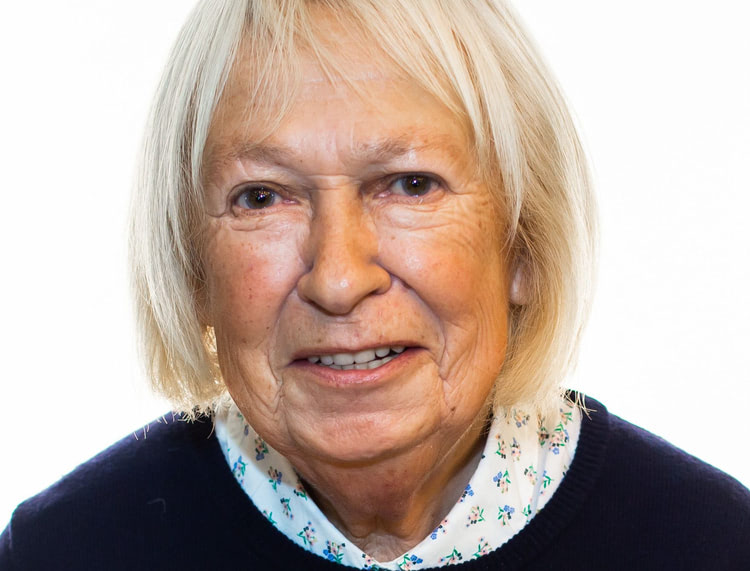Female Training Expert Urges Women To ‘Change the Male Landscape’ of Utilities Sector

In the build-up to International Women’s Day on 8th March, an acclaimed senior lecturer at a Derby-based training provider is urging women of all ages to disrupt the status quo by carving out careers in the utilities industry.
Chris Parker has worked at Derby-based Develop Training for 15 years – and as she pushes on into her 70s, beyond what many might consider to be retirement age, she is keen to make sure that women are made aware of the opportunities in what has traditionally been seen as a man’s world.
She said: “I personally started out by doing a temporary role in gas pipeline construction in the mid 80s. When a technical on-site vacancy emerged, the Project Engineer said it was a role I would be suitable for, so I applied, got the job and never looked back!
“Of course, there were very few women on site back then and there remains a clear imbalance in terms of women in the industry today. But I had previously spent ten years working face-to-face with young offenders, so I certainly wasn’t intimidated by that!”
Nearly 40 years later, employment figures from the utility sector continue to corroborate Chris’s experiences. According to the Energy and Utilities Skills Partnership, only one in six utilities workers is female and only around one in a hundred technical roles is currently held by a woman. That compares to a nationwide average, which sees women accounting for 47% of the UK workforce, so it’s clear that the disparity remains extremely stark.
As one of the UK’s leading providers of compliance, technical and safety training, with seven dedicated training centres throughout the UK, Develop Training is in the ideal position to help combat that.At the start of 2020, it embraced the ‘Women in Utilities’ success programme with a view to helping address the gender imbalance, open up opportunities and change the profile of careers in classically male disciplines like gas, electricity and water – and it seems that the impacts of that are already being felt.
Chris said: “It does feel like things are improving. There are noticeably more female apprentices than in the past and there are also more graduate trainees.
“In fact, I’m currently working with a couple of women on a new IOSH Safety, Health & Environment for Construction Manager’s course and it’s great to see. They know they need the skills and I guess the fact that they see me delivering the programme also helps validate and encourage their career choices.”
But as International Women’s Day approaches, with its annual celebration of the social, economic and cultural achievements of women, Chris warns that more still needs to be done.
She added: “The utilities sector can offer a wonderful range of careers but we need that to be recognised and publicised. In place of isolated initiatives, we need a concerted campaign in schools that enables the idea to really take root in people’s minds – because the imbalance will only ever change when women themselves decide to make it happen.”












Responses